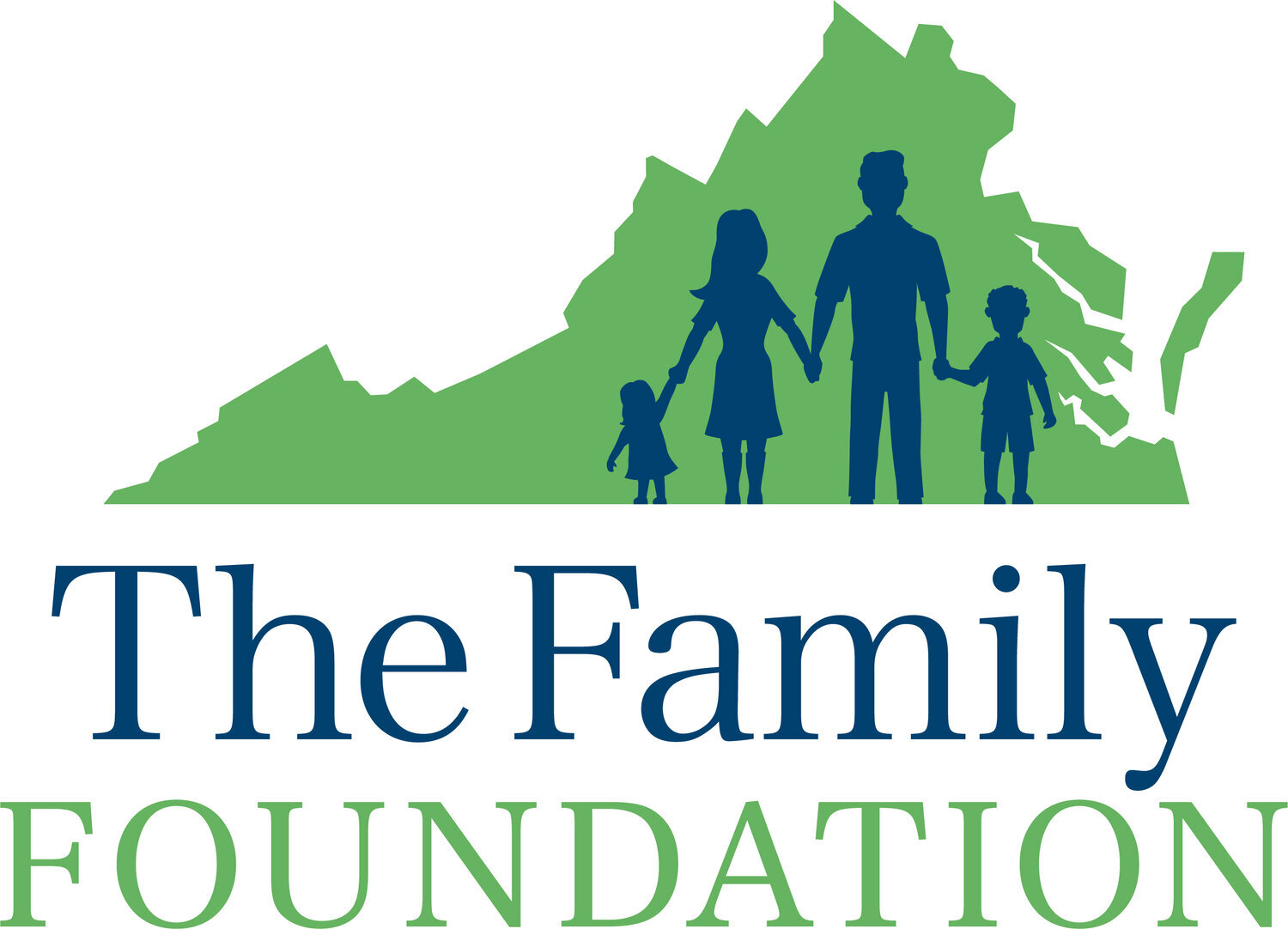Sports Betting - It’s All About Tax Revenue
The constant barrage of casino news was complicated further last month with news that there is some interest in legalizing sports betting in Virginia. Delegate Marcus Simon (D – Falls Church) told Fox 5 news that he will be introducing legislation to legalize sports betting in Virginia, and believes that there is some openness to it within the General Assembly. To facilitate the sports wagering, Delegate Simon is exploring the possibility of using historical horse racing machines, which were legalized in Virginia this year.
The Supreme Court’s May 2018 decision in Murphy v. National Collegiate Athletic Association, which held that the Professional and Amateur Sports Protection Act (PASPA) violated the 10th Amendment of the U.S. Constitution, has made it possible for states to legalize, regulate, and tax sports betting. Before this decision, a person seeking to make a sports wager had to visit Nevada, wager with an offshore gambling website, or call a local bookie to place an illegal wager.
Of immediate concern is the potential for more unethical and illegal bribery within professional and collegiate athletics. Remember the infamous 1919 Black Sox scandal or Pete Rose? Maybe you are more familiar with the FBI investigation into NBA referee Tim Donaghy, who bet on games he was actually officiating? There are also numerous instances of bribery within college athletics, one of the more infamous examples being the Boston College point shaving scheme that involved mob bosses. An impressionable 18 to twenty-one year old college athlete could easily be swayed to drop a pass, fumble the football, strikeout, or miss an easy lay-up in exchange for a thousand dollars.
According to Delegate Simon, the reason behind his sports betting legislative proposal is to capture the lost tax revenue incurred when Virginians cross over to Maryland to gamble at MGM. This sentiment was affirmed by Secretary of Finance Aubrey Lane, who commented at a State Lottery meeting back in July that there will be a big push among some General Assembly members to legalize sports betting “[b]ecause, as you all know, there are significant monies involved in [sports gambling] – very significant.”
When it comes to sports betting, as well as casino gambling and historical horse racing machines, it seems the primary rationale for its legalization is more tax revenue. In other words, some policymakers are hoping to collect additional tax revenue from Virginians to spend on various government programs and, therefore, expand an already bloated state budget.
Lawmakers who are sympathetic to sports betting (and other forms of gambling) in Virginia argue that it would generate additional tax revenue that is lost when Virginians travel to other states to indulge their proclivity for gaming activities. Yet, Virginia resident gamblers are already expected to report all of their gambling winnings on their federal and Virginia tax returns (see Tax Ruling 14-73).
What’s really going on here is that some elected officials are envisioning hitting the “revenue jackpot” from new out-of-state gamblers who would visit potential sports betting and other gambling establishments in the Commonwealth, as well as Virginians who are otherwise new to the gambling scene. While this would result in an initial positive revenue impact, there is no guarantee this would produce the significant tax revenue they are promising, and here are some reasons why:
Based on casino history, consumer demand for gambling is fairly static and is less likely to create new gamblers.
Gamblers are a creature of habit and may continue wagering in another state.
If a competitive tax rate is not selected, then gamblers will resort to illegal methods of gambling. Many sports gamblers will likely continue using untaxed ways to make their wagers.
Sports leagues will eventually want a piece of the profits, which will impact the odds and cause legal sports wagering to become less appealing.
It’s safe to conclude that sports betting will most likely not generate the large sums of tax revenue for the Commonwealth that some are expecting. That being said, we should not risk creating more ethical problems for professional and college athletics, increasing crime rates, and further tempting gamblers struggling with addiction for the sole purpose of generating more tax revenue.
It’s my hope that policymakers will ultimately come to this same conclusion, and recognize that sports betting and other forms of gambling are just simply bad for Virginia.
